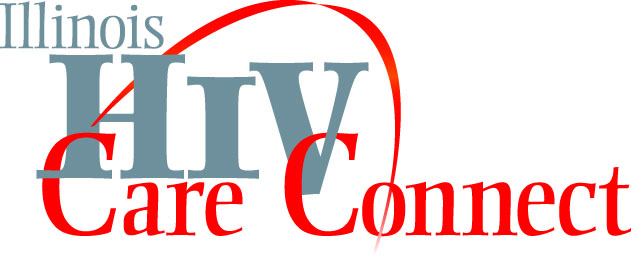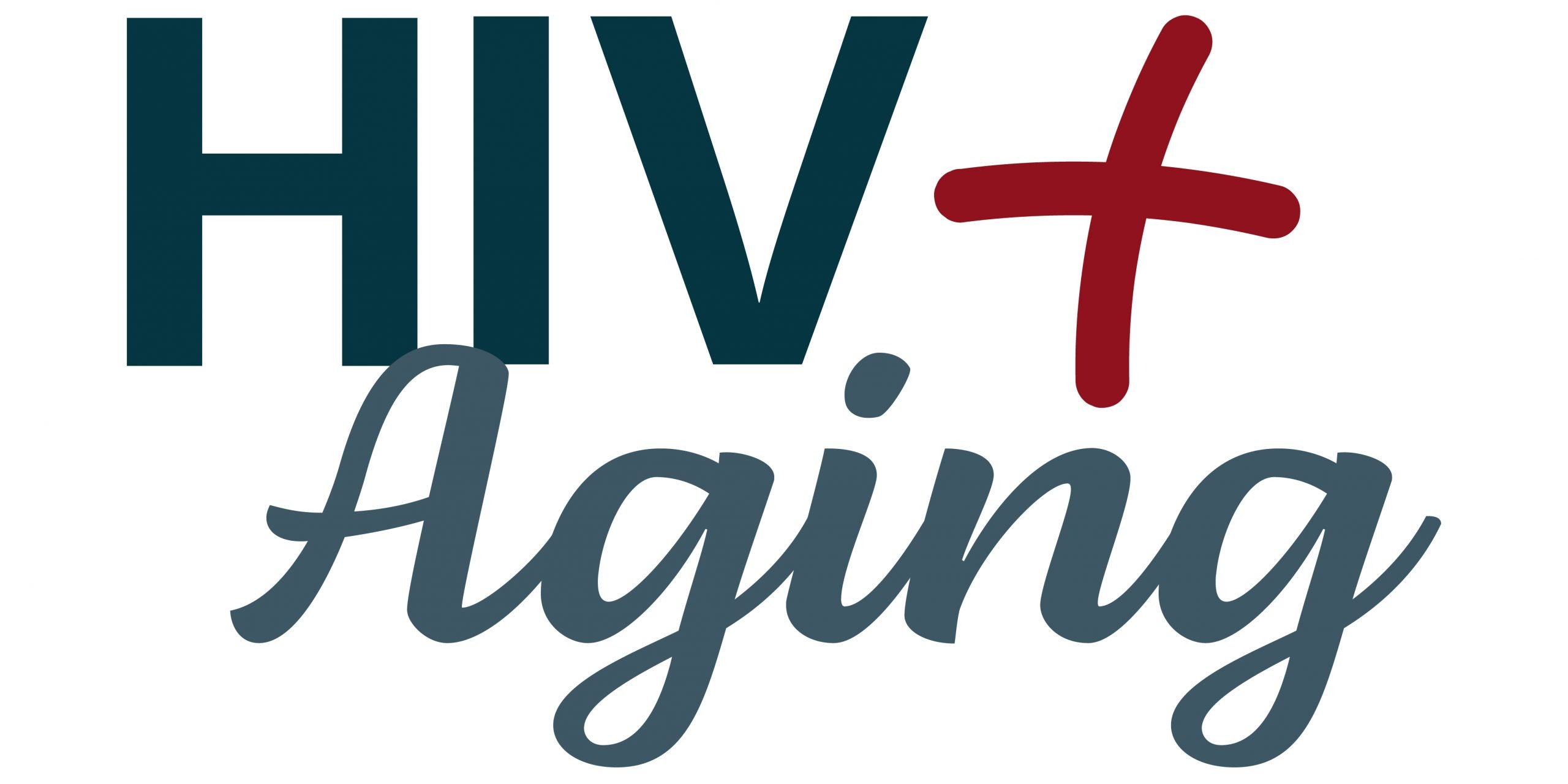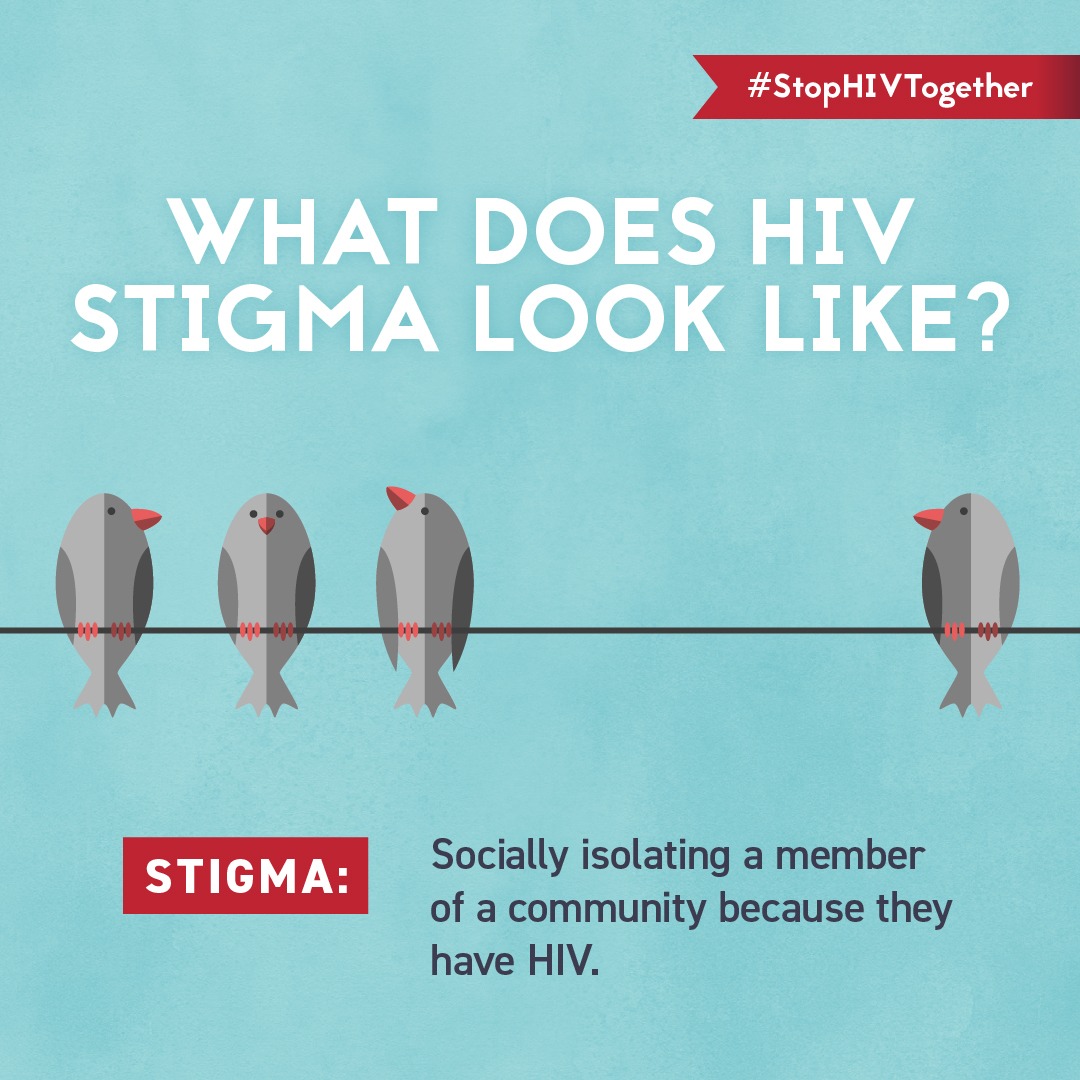Shawaughna Lewis
Interviewed October 2020
Q: Define HIV stigma in your own words.
A: I would say that people are stuck in the past and that they are not educated, and we, as people, have to be more vocal with our status, live in our truth, and put it out there so that people can be educated. I heard a lot of people who think so negative of it. Like if I breathe on them, they can get it. So, I think that people don’t put the time in to find out what’s going on because it’s not at their door. If it’s not affecting them, then it doesn’t matter to them. That shouldn’t be the issue because you don’t know if you could be put in a situation where it is you. I tell people all the time, it doesn’t have a face. So, if you don’t know your status, you don’t know.
Q: How do you think it’s different for you, as a woman, compared to a man? Do you think people relate to women with HIV differently than to men?
A: To be honest with you, I don’t see it as a male or female perspective With that being said, people often are more receptive to listen to someone who knows what they’re talking about and who is educated on it, whether it’s a female or male. But you find more women that have been through some classes, some training, and have gotten educated to where they’re able to go out and speak to people.
I would say that people are stuck in the past and that they are not educated, and we, as people, have to be more vocal with our status, live in our truth, and put it out there so that people can be educated.”
Q: What would you say are some of the root causes of stigma? Why do you think people feel the way they do about it?
A: They think it’s the “nasty man’s disease.” They think it’s the gay man’s disease. They think that it is one of the things where they can’t eat someone’s cooking because they’re going to catch it. I’m being honest. When my family found out, we were at a dinner and somebody that should not have opened their mouth said something. And my cousin took the stuff I ate and threw it away because she was uneducated and didn’t know that me eating off your utensils would not give her the virus. So again, they are used to people dying and not having the resources and the medicine that are available now versus what they had then.
Q: So how has your life changed since you were diagnosed 12 years ago? Did you feel like people started treating you differently?
A: No, because what people have to realize is that whether I have HIV or not, I am me. I had a breakdown one time because I was uneducated, and that’s why people at the SIHF Healthcare took me under their wings. They made sure I had a life plan, they made sure that I was going to the camp, they made sure that I was involved with any kind of education that I needed because they knew I didn’t have nobody. They knew that I was not a person that knew what was going on. Once I got that concept under control, I then knew that HIV didn’t have me. I have it. I’m in control of it. It’s not in control of me.
They are used to people dying and not having the resources and the medicine that are available now versus what they had then.”
Q: Were you fairly open about your status with your friends and family at first?
A: I always have been from day one. I have done TV interviews, I have done panels, I have gone into shelters, I have always been open. I have gone to classes and spoke about it. I’ve never been one to sit on it. I am one of those people that if you’re trying to talk to me, I instantly let you know what my status is. I give you what I did not have, a choice.
Q: Now, did you get into treatment right away after you got diagnosed?
A: I learned of my diagnosis while walking down the street, July 1st of 2008, on the telephone. And, the day that I got diagnosed, I instantly went to the police department, and then I went to SIHF Healthcare and I started treatment day one. I did not sit on it because, again, I was uneducated and I felt my life was over because I did not know.
Q: Why did you go to the police department?
A: Because I wanted to press charges on the person who did it.
Q: Have friends and family members been supportive over the years?
A: I don’t mess with people; I’m a very introverted person. I don’t correspond with people very well ‘cause I’ve been through a lot with people. With that being said, I have distanced myself from some people, but the few people that I do deal with don’t see HIV. They see me.
We need to get out there, head off, feet to the ground, and basically give people the information that they need so they can understand.”
Q: What do you think needs to be done to overcome HIV stigma?
A: I think more outreach needs to be put into place. We need to get out there, head off, feet to the ground, and basically give people the information that they need so they can understand. We need to get more people to be educated.
Q: Okay, and then how do you think people living with HIV would benefit from having less stigma?
A: They will be able to be more receptive with telling their truth. I can’t tell you I’m positive if you’re uneducated and you’re going to look at me very differently because you’re going to make me feel like I’m the plague. So how can I be open with you and tell you what’s going on because you don’t know the life that I’m living?
Q: Are there community resources or educational materials that you’ve found to be helpful? And if so, which ones would you recommend?
A: The magazine POZ is awesome. I love that magazine. That is one of the best resources, I think, that you can get that will basically break it down, but there has to be some type of pamphlets out there. Like when you go into the doctor’s office, they have pamphlets on high blood pressure, cholesterol and stuff like that, and maybe they should have stuff about knowing your status, how to live with HIV, or the medicines that are now helpful.
Q: Is there anything else that I haven’t asked about that you think is important to emphasize about HIV stigma and how to overcome it?
A: Probably not, ‘cause I think I’ve seen everything that needs to be done. Again, I think we need to get some type of outreach going in the area to where it is a regular thing. We need some people who are going to be consistent and who are going to be out there regularly.
Many don’t know what their status is because they are scared to go to the doctor, and nobody wants to go to the doctor nowadays (during the pandemic). So, we’re out here doing outreach and we should have some type of incentive for people to get tested, and then maybe we can drop some numbers and educate them. Get the stigma under control. The thing is, who is going to do it and how are we going to get funded to do it?








